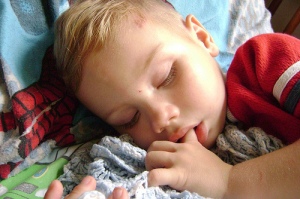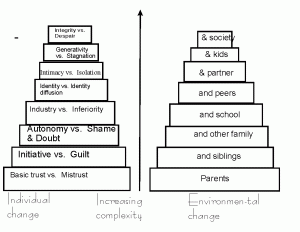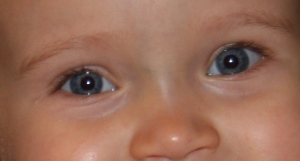A couple of weeks ago this newspaper headline Miramonte School Closing For 2 Days Over Double Teacher Arrests; Parents Protest PHOTOS, VIDEO made me sick.
Children are not protected from predators even at school. How do parents deal with news like this? Does it make you more of a helicopter parent?
I do not have children in school any more but I do have a grandchild who will be in school soon enough….worrying…
When I start to worry…it is a signal for me to go to my computer and GOOGLE…to find out just what is being done to protect children from being abused.
An interesting but sad fact is this, in most cases of child abuse…the child is abused by someone he/she knows right in their own family…which is why it does not always get recognized immediately. A mother, sometimes, does not believe her child and inadvertently enables the abuser. Sadly, it can be a very complicated scenario even involving more than one child in a family.
In my google search, I came across a program developed through ChildHelp.org. This program deals with ‘primary’ prevention and has learning modules that are thorough and user friendly. Child Help recognizes that abuse comes in many forms, sexual, emotional, physical and even bullying. Kathie Lee Gifford shares a video in which she explores the ‘primary’ prevention approach to child abuse. Kathie Lee has been a child advocate and worked with Child Help for many years.
Information is available for parents and caregivers on the developmental characteristics of the child; factors that create risk as well as those that help keep children safe; and how to handle a child’s disclosure of abuse should it occur. By providing parents and caregivers with the resources to be proactive and involved, we strengthen our mission to keep children safe!








